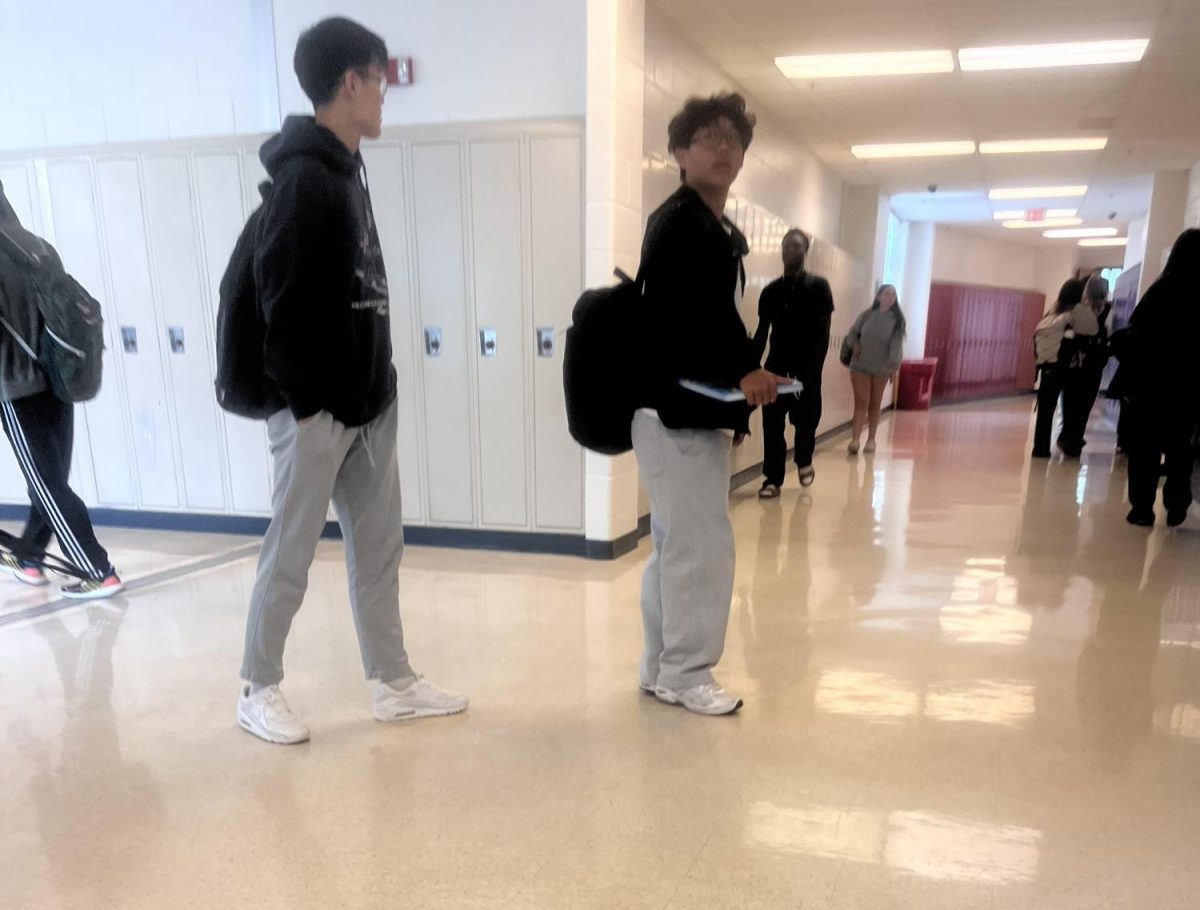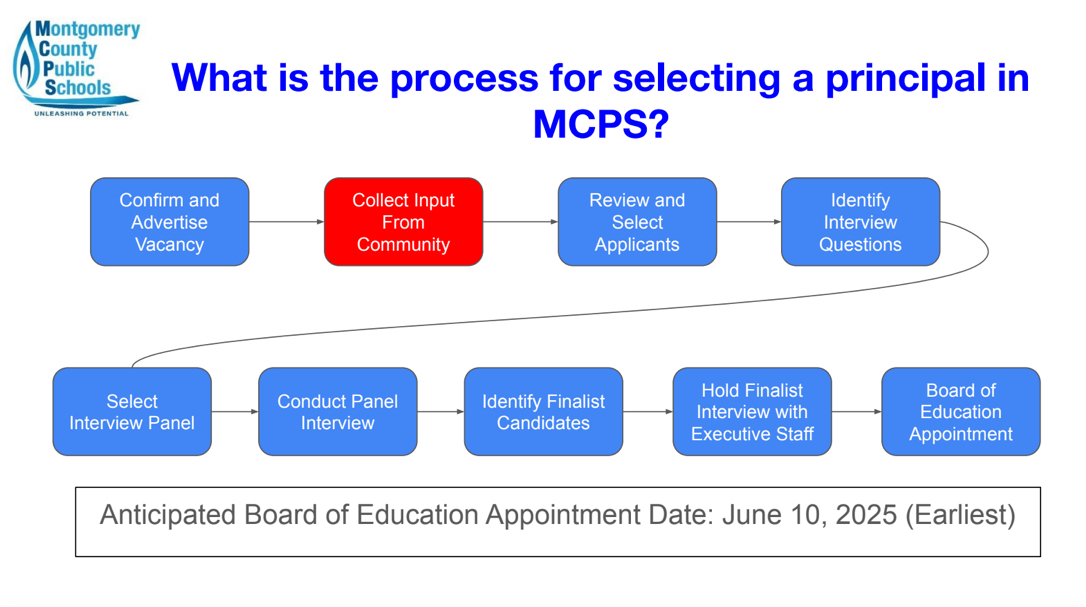Teenagers spend generally nine hours a day on social media according to the WVEA. That’s one third of their day gone to waste with playing video games on their phone or scrolling through their Instagram, Snapchat and Facebook. How does this affect the students here?
Social media has changed everyone’s life nowadays, especially how people communicate with each other. Previously, people would have to meet up to talk or send letters, but now kids aren’t even talking to their friends. Instead, they are on their phones all day commenting and liking their friends’ photos, following celebrities and getting the latest trend. Even at parties, kids are on social media texting each other when they are sitting right next to each other instead of talking. “When I go to parties, everyone’s on their phone, which is really sad because no one’s talking to each other and really attached to their cell phones, but I feel like sometimes I could be like that too,” senior Justin Kuan said.
According to the Pew Research Center, there are mixed views caused by the unrealistic photos that are posted on social media. The unrealistic look on people’s life cause mental health issues like eating disorders.
When scrolling through Instagram, you can see rude comments on people’s photos about something that’s lacking and then you can see the positive comments about how great someone is looking. Those comments hurt teens’ wellness into struggling with school work and their social life. They can lead to depression, loneliness and feelings of anxiety, but there are also positive effects using social media. “Social media can be detrimental but can also be supportive. For me it’s extremely distracting but also a big source of energy and support,” sophomore Rin Sohn said.
The two biggest social media apps that affect negatively teens’ mental health are Instagram and Snapchat, reported by CBS News. Facebook and Twitter also have an effect but not as much as Instagram and Snapchat. In general, most photos on social media are edited or have filters, making them unrealistic and negatively affecting teens because it affects their self-esteem and self-image.
YouTube has shown a positive affect on teens because there are people who they look up to and can relate to. The videos on YouTube can be helpful to teens and generally teens are shown to watch their favorite Youtuber when feeling down or helplessness for encouragement and positivity. “I feel like watching my favorite YouTubers when I’m not feeling well because they really make me feel better about myself and encourage me to do better,” Kuan said.
Through social media, teens can connect with more people, especially friends who live in other states, but the amount of time spent on social media could also be bad for students. “It’s a positive aspect of my life because I feel connected to more people around me but its easily also negative because the amount of time I spend on it, I could instead be doing something productive,” junior Aviva Kram said.
A way for teens to not be affected by social media is to use it less said, according to the Washington Post. The cause for high stress and depression from social media is due to the fact that teens spend most of their day on social media looking at things that can lower their confidence. Teachers and parents should have conversations with teens at a young age to allow them to realize what’s reality and what can be fake online.







